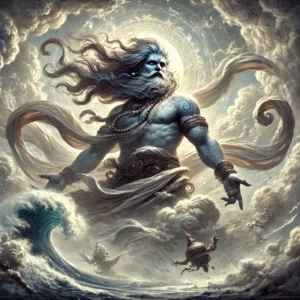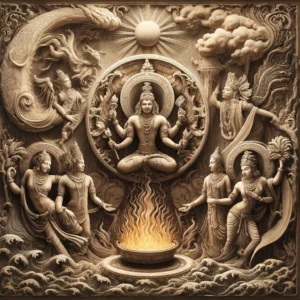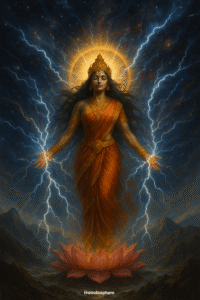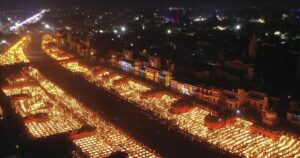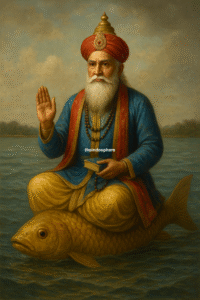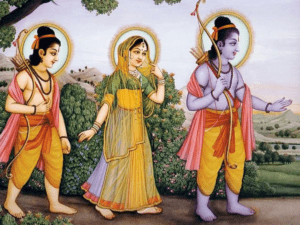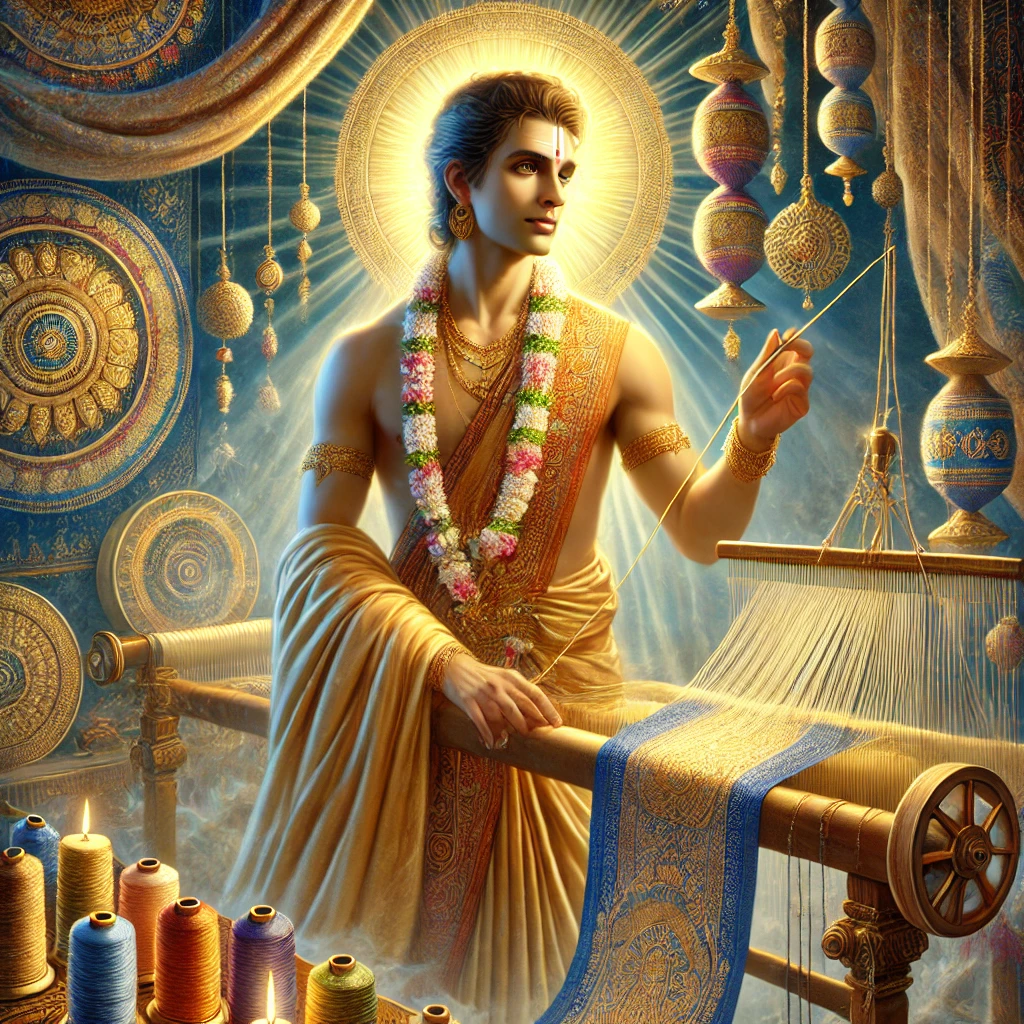
1. Introduction:
In the vast tapestry of Hindu mythology, gods and goddesses symbolize various aspects of life, nature, and human experience. Among them, Mrikanda, the Hindu god of weaving, embodies the artistry and skill that goes into creating textiles and fabrics. Revered by artisans, Mrikanda symbolizes the intricate artistry involved in textile creation, reflecting the broader Hindu worldview where creation itself is viewed as a divine act of weaving the universe’s threads together. Let’s unravel the captivating story of Mrikanda and explore the significance of weaving in the Hindu tradition.
2. Origins and Mythological Background
Mrikanda’s origins are rooted in ancient Vedic literature, where he is occasionally mentioned in connection with the spiritual significance of weaving. Unlike more prominent deities, Mrikanda’s mythology is not widely known, but his symbolic presence is profound. Weaving in Hinduism often serves as a metaphor for the creation of the cosmos, where the gods are seen as weavers of reality. Mrikanda embodies this concept, representing both the physical act of weaving and the metaphysical process of creation.

In some traditions, Mrikanda is believed to be connected to Rishi Mrikandu, a sage known for his deep spiritual wisdom. This association underscores the sacredness of weaving, elevating it from mere craftsmanship to a divine art form.
3. Weaving in Hindu Culture
Weaving has always held a special place in Hindu culture, not only as an essential livelihood but also as a revered craft imbued with spiritual significance. The intricate patterns woven into textiles are often symbolic, representing various aspects of life, nature, and the divine. In many Hindu communities, weaving is accompanied by rituals and prayers, invoking Mrikanda’s blessings for skill, creativity, and protection.
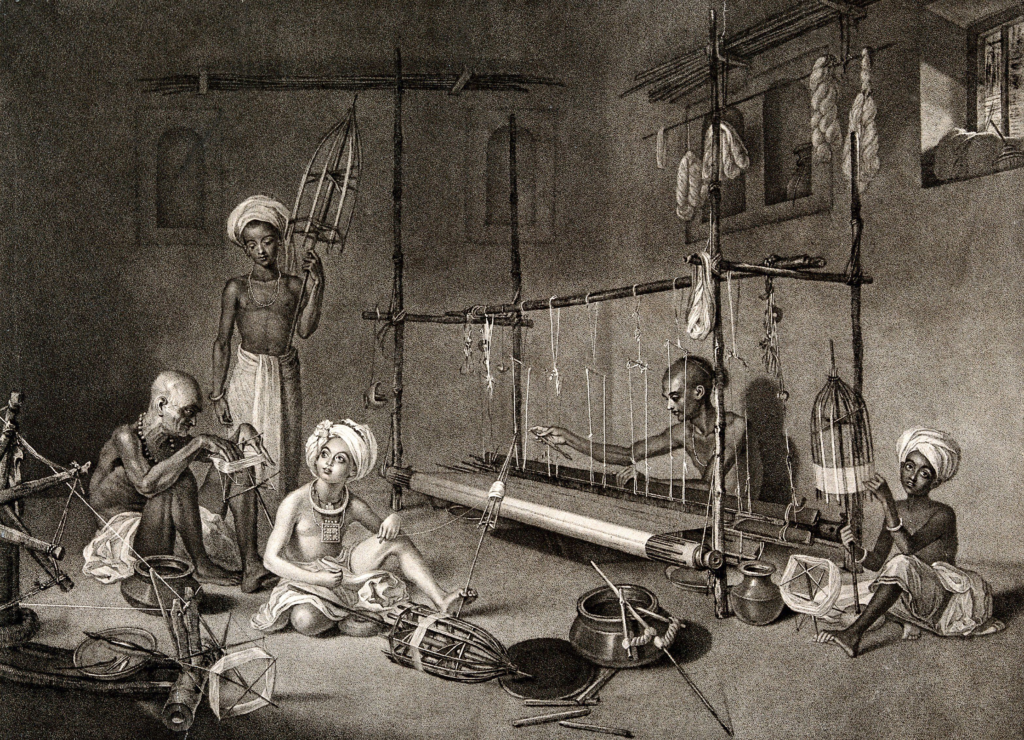
Artisans worship Mrikanda as their patron deity, seeking his guidance in their craft. Festivals dedicated to Mrikanda involve offerings of newly woven cloths, showcasing the community’s finest work as a tribute to the god. These rituals highlight the deep respect for the craft and its divine patron, reflecting the belief that weaving is not just a trade but a sacred duty.
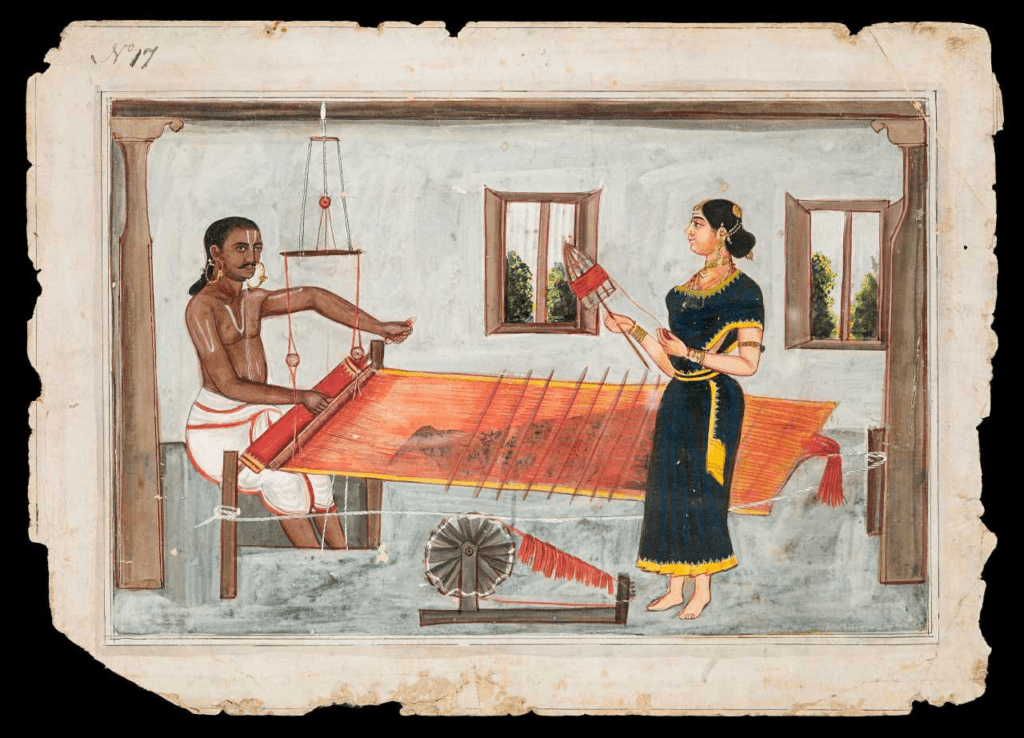
4. Symbolism and Legacy
The symbolic representation of Mrikanda in Hindu culture extends beyond the art of weaving. He is often depicted in religious art, holding a loom or surrounded by intricate patterns, symbolizing his mastery over the craft. This imagery reinforces the idea that weaving is a divine act, with Mrikanda guiding the hands of artisans as they create their masterpieces.

In modern times, while Mrikanda may not be widely worshipped, his legacy endures in the preservation of traditional weaving techniques. The reverence for weaving as a sacred art continues, with many artisans still performing rituals in his honor. Mrikanda’s influence is also seen in the cultural emphasis on preserving the integrity and quality of handcrafted textiles, which are often considered more than just fabric, but as vessels of cultural heritage and spiritual significance.

Mrikanda, though lesser-known, occupies a unique space in Hindu mythology as the god of weaving. His association with the craft highlights the spiritual dimensions of weaving, transforming it from a mundane activity into a divine art form. The enduring legacy of Mrikanda is evident in the continued respect for traditional weaving techniques and the cultural importance of textiles in Hindu society. As the threads of history continue to weave the story of Hinduism, Mrikanda’s presence remains a subtle but significant part of its rich tapestry.


